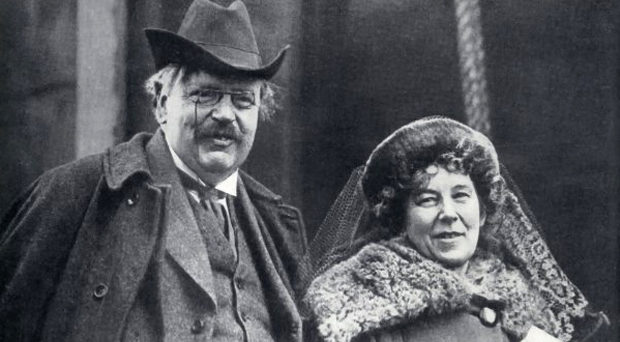 by E. Jeffrey Ludwig –
by E. Jeffrey Ludwig –
Despite increased government controls of everyday life in education, policing and citizen surveillance and dictation of many aspects of everyday living, we do not observe increasing order. We observe increasing social anarchy.
To use a term from Greek philosophy, the telos (purpose) of government has been misplaced. Instead of designing laws and methods to enhance the dignity and freedom of the individuals living in our society, the government has been designing laws and projects that are either (1) guided exclusively or primarily by utilitarian goals of the greatest good for the greatest number, or (2) by socialistic goals that government expansion is the greatest good in itself, or (3) by identity politics where the good of identity collectives is more important than the good of individuals.
But the answer is not more government programs, more government authority, or more emphasis on collective identity rather than individual identity. Rather, it is a government with a correct understanding of its purpose that is needed. The true conservatives have it right. [Read more…]

 by Met. Philaret of New York –
by Met. Philaret of New York – by Jennifer Davis –
by Jennifer Davis – by St. John Chrysostom –
by St. John Chrysostom – by Athanasia Trudy –
by Athanasia Trudy – by Julie Roys –
by Julie Roys – by Sarah Chaffee –
by Sarah Chaffee – by Joseph Pearce –
by Joseph Pearce – by Dale Ahlquist –
by Dale Ahlquist –